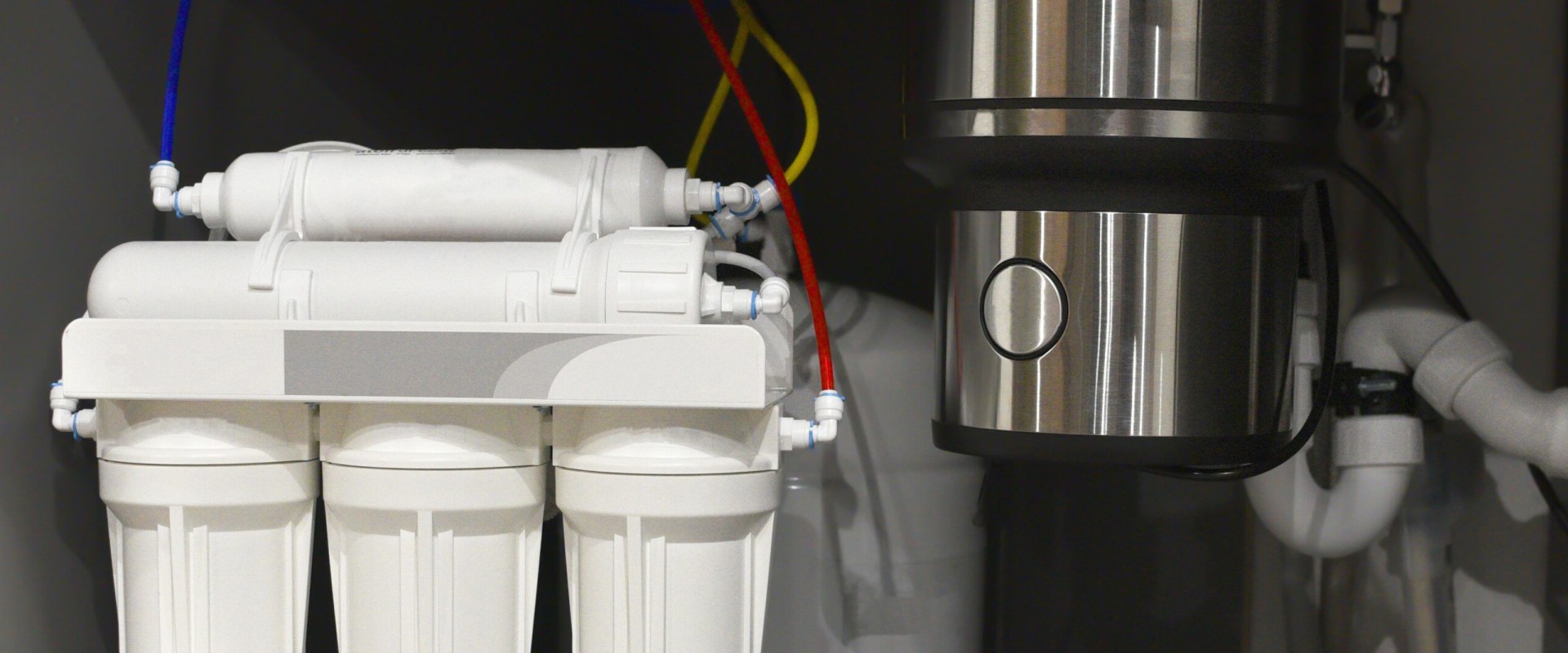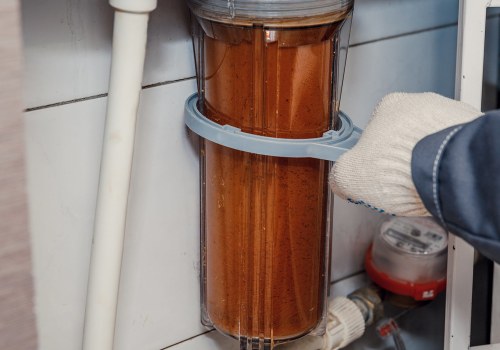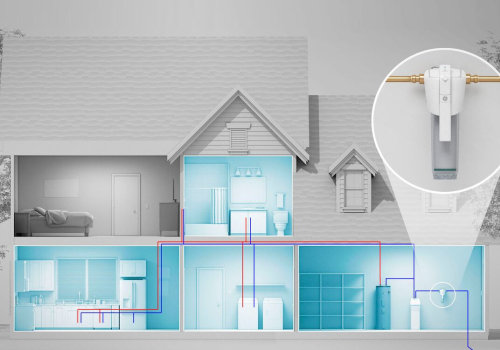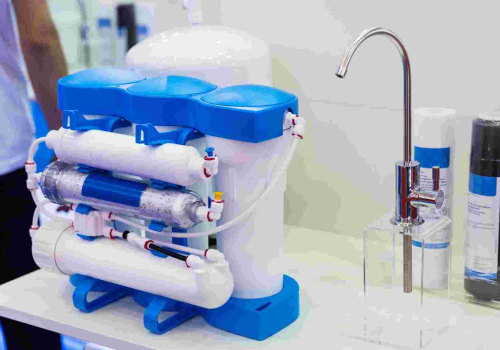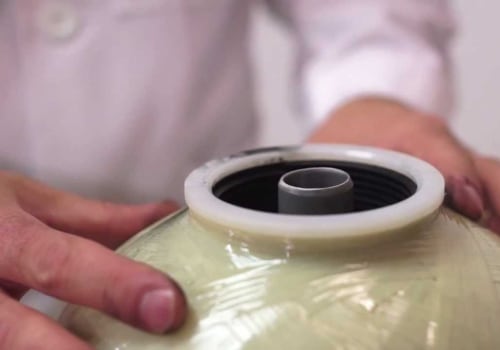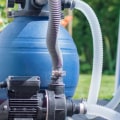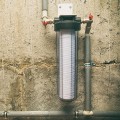It is essential to use a point-of-entry filter system (where the water pipe enters the house), or a whole-house filter system, for volatile organic compounds, as they provide safe water for bathing and cleaning, as well as for cooking and drinking.
Activated carbon filters
are effective at removing some volatile organic compounds. Sediment filters are the most common and basic water filters available. They remove large contaminants and dissolved solids larger than 10 microns, or about the size of a piece of sand.They can be used alone, but are often used together with other filters. Reverse osmosis systems can remove up to 99.9% of all contaminants and sediments from water. It can filter particles as small as 0.0001 microns. Reverse osmosis will also remove essential minerals from the water, so it's best to combine a reverse osmosis filter with a filter that returns minerals to the water.
The QuenchWater+ filtration system is an example of an effective multi-stage filtration system that combines five different types of filters into one unit - sediment filters; pre-carbon filters; reverse osmosis; mineral addition; and polishing filters - so you can be sure that your drinking supply is free from impurities. Polypropylene, ceramic, or activated carbon filters should not be relied on to disinfect water. Reverse osmosis filters and distillers are the most sophisticated systems. They are capable of eliminating bacteria and most residual chemicals, including minerals, from a water source.
Sediment filters are generally used in the initial stages of filtration because they can filter out larger particles right away. When it comes to choosing a water filtration system for your home, there are several factors you should consider. It is best to use a point-of-entry filter system (where the water pipe enters your house), or a whole-house filter system for volatile organic compounds - as they provide safe water for bathing and cleaning, as well as for cooking and drinking.
Activated carbon filters
, sediment filters and reverse osmosis systems are all effective at removing different types of contaminants from your drinking water supply.Reverse osmosis systems can remove up to 99.9% of all contaminants and sediments from your tap water - but they also remove essential minerals from your drinking supply too - so it's best to combine them with another type of filter that returns minerals back into your drinking supply. If you're looking for an easy installation option for your home's water filtration, then two-tier jugs or faucet-mounted systems may be suitable for you. These types of systems are good for filtering drinking water and cooking - but they do slow down the flow rate of your tap water - so bear this in mind when making your choice. When it comes to choosing a water filter, there are many factors you need to consider - such as budget; maintenance; type of contaminants present in your tap supply; and type of installation you require.
Activated carbon filters are generally considered one of the most effective types at removing chemicals such as iron, manganese, chlorine and hydrogen sulfide - as well as unpleasant flavors and odors. It's important to remember that no single type of water filter, or combination thereof, can guarantee 100% removal of all contaminants from your tap supply - so it's always best practice to consult with an expert before making any decisions about which type is right for you.
